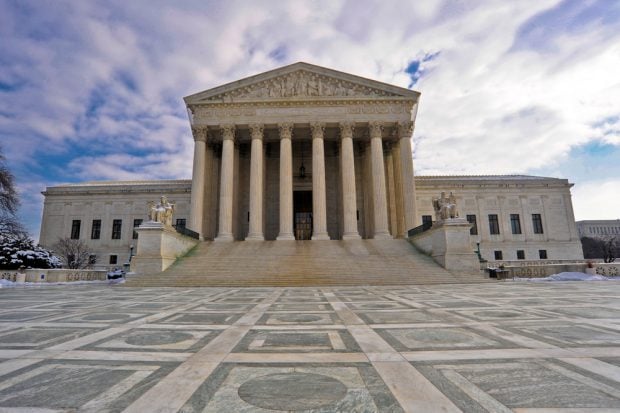Because of the pressure of other issues and a recent FederalReserve regulation, lawmakers have delayed consideration oflegislation to place further regulations on overdraft programsuntil at least early December.
The House Financial Services Committee had planned to mark up thelegislation last week but pushed it back because it was busy withregulatory restructuring bills. The Senate Banking Committee held ahearing on the measure last week but hadn't scheduled a mark up onit and its immediate agenda focused on regulatory restructuring aswell.
At last Tuesday's Senate committee hearing, Pentagon Federal CreditUnion President/CEO Frank Pollack described how his credit union'soverdraft protection program is completely opt-in, operates as aline of credit and the cost to consumer is fully disclosed andproportional to the amount of the overdraft.
He also explained that the credit union's program for militarymembers allows it to waive fees for overdrafts twice over athree-month period. He said he is looking to expand that to allmembers.
At the hearing, Chairman Christopher Dodd (D-Conn.) said additionallegislation is necessary because while “it is a responsibility eachone of us has to manage our personal accounts as well as wepossibly can and to spend within our means, but lendinginstitutions often add overdraft coverage to consumer accountswithout informing consumers or giving them a choice.”
Dodd's bill, and a similar one sponsored by House FinancialServices Committee Chairman Barney Frank (D-Mass.) and JointEconomic Committee Chairman Carolyn Maloney (D-N.Y.), would requirecredit unions and banks to gain a member's or customer's permissionbefore enrolling them in an overdraft protection program and couldonly charge fees once a month or six times per year.
Pollack did not address Dodd's legislation during his testimony,but both CUNA President/CEO Dan Mica and NAFCU President/CEO FredBecker wrote letters to the panel opposing the bill.
Becker that the bill could “severely impact the ability of anycredit unions to continue to operate and potentially force some ofour smaller members to close their doors forever.”
Mica wrote that if the bill were passed “credit union members wouldincur more nonsufficient fund fees with none of the benefits ofhaving many transactions honored. They would pay more merchantreturn check fees and have more bad checks reported to consumerreporting agencies.”
The trades also contend that legislation isn't needed because ofregulations issued by the Federal Reserve, which ban credit unionsand banks from charging overdraft fees at ATMs or one-time debitcard transactions unless the consumer consents
or opts in.
–[email protected]
Complete your profile to continue reading and get FREE access to CUTimes.com, part of your ALM digital membership.
Your access to unlimited CUTimes.com content isn’t changing.
Once you are an ALM digital member, you’ll receive:
- Critical CUTimes.com information including comprehensive product and service provider listings via the Marketplace Directory, CU Careers, resources from industry leaders, webcasts, and breaking news, analysis and more with our informative Newsletters.
- Exclusive discounts on ALM and CU Times events.
- Access to other award-winning ALM websites including Law.com and GlobeSt.com.
Already have an account? Sign In
© 2024 ALM Global, LLC, All Rights Reserved. Request academic re-use from www.copyright.com. All other uses, submit a request to [email protected]. For more information visit Asset & Logo Licensing.









